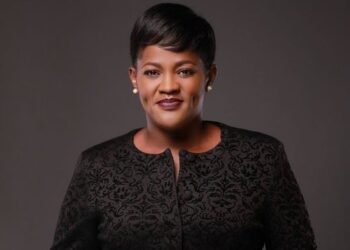
The Electricity Control Board of Namibia (ECB) says the country’s power utility has not been diligent with debt management and general revenue collection.
This comes after the National Power Utility (NamPower) instituted a crisis debt collection from all defaulting clients which include Nored, Cenored, regional councils and local authorities. It is alleged that NamPower is owed over N$1 billion.Â
“The ECB acknowledges that this plan should have been implemented systematically at much earlier stages to prevent it from threatening current economic recovery,” ECB Chief Executive Officer (CEO) Robert Kahimise said.
NamPower announced that it will as of 5 June switch off power on defaulting clients for a minimum of four hours a day which will gradually increase setting off to a maximum downtime of 24 hours a day.Â
NamPower’s revenue significantly reduced in the 2022/23 financial year plunged down as it recorded an operational loss of N$2.3 billion, despite having collected N$6.5 billion from selling electricity.
In addition, NamPower is forced to take drastic measures due to an outstanding repayment of over N$500 million to its creditors, which are equally demanding payment.Â
“The ECB will engage NamPower to fully understand the implementation process of the plan and will work together and the affected licensees to try and find a sustainable solution to the matter,” stated Kahimise.
 Kahimise further reasoned that the lack of a registered electricity distributor and poor debt management of NamPower were the contributors to high bills of the defaulting southern regions, which form a larger chunk.
“The majority of those local authorities are sitting in the North, Central and South of the country with a collective N$450 million debt. That is where there are no organised distribution licensees. So if we as a country manage to successfully create a model that consolidates electricity distribution, we would not sit with a constrained Nampower when it comes to liabilities, unfortunately,” he said.Â
Kahimise added that the situation differs from areas, describing Windhoek as better in terms of revenue collection, North and Central as worse off, whereas Erongo is manageable.
“Utilities suppose to have debt strategies that utilise technology, for instance, if a utility does not have or majority do not have prepaid meter, they are facing a problem due to affordability. So, if you do not give them the option of consumption, the utility is likely to be affected. As it may be the cause, utilities are supposed to keep their debtors below 60 days to avoid a spiral,” he stated.











